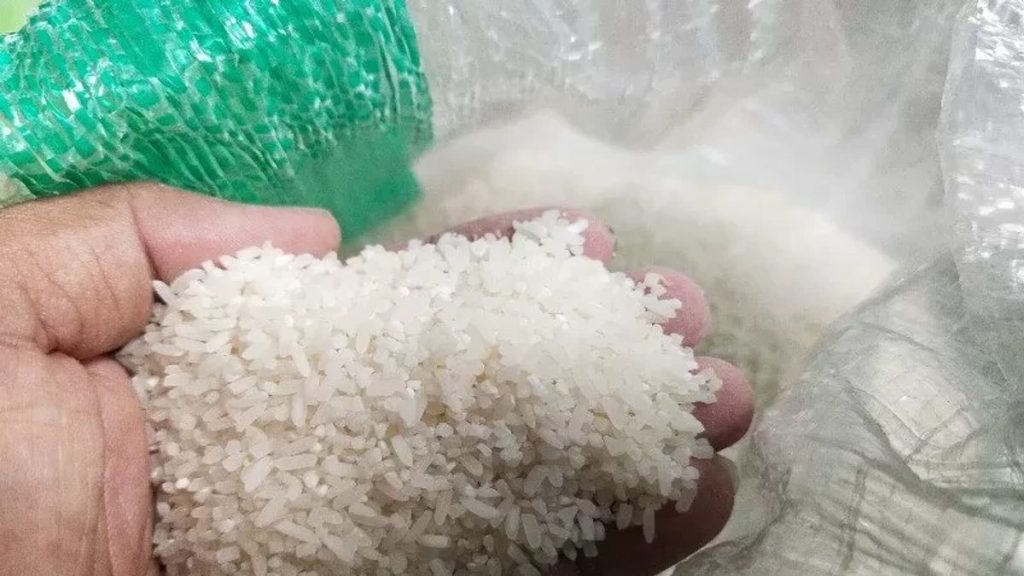Tags
One Price Rice Discourse, Indonesian Ombudsman: Not Solving Problems

JAKARTA Members of the Ombudsman of the Republic of Indonesia (RI), Yeka Hendra Fatika, assessed that the National Food Agency (Bapanas) plan to implement a one-price rice policy is considered unable to solve problems in national rice commodities.
“It is not urgent and does not solve the problem. So, related to the proposal, the National Food Agency plans to take a policy of one rice price, if I don’t think it will solve the problem. I can be sure that problems will arise,” Yeka said when met at the Indonesian Ombudsman Office, Jakarta, Tuesday, August 26.
Yeka assessed that the application of one rice price is difficult because it depends on the condition of rice production which cannot be guaranteed uniformly every season.
“It’s simple, one price means that the unhulled rice must be guaranteed. I’m not sure the price of grain can. Because, can the government guarantee that rice production is the same every consistent step? This means that there are no attacks of disease pests, no rat attacks, no problems with bad seeds, fertilizer problems, and so on. In my opinion, it is a bit difficult to accept by governance,” he concluded.
Previously, the Head of Bapanas, Arief Prasetyo Adi, ensured that the government’s latest policy regarding quality standards, types, and prices of rice upper limits would be implemented in stages through a transition period and price adjustments based on regional zoning.
He said, after the policy was established, the government would provide a transition period to provide adaptation times for business actors and the community. However, accelerating implementation is still needed to reduce rice price fluctuations in the market.
“Indeed, it cannot be changed to a policy, then it will be executed immediately without a transition period. But this must also be rushed. So more or less, later it will be in between premium and medium (rice quality standard),” he explained through an official statement, Monday, August 4.
Furthermore, Arief explained that this new policy will focus on regulating regular rice, namely the type of rice consumed daily by the community. Meanwhile, special rice will continue to follow the market mechanism but must meet the requirements for quality certification.
https://voi.id/zh/economy/508977Published Date: August 27, 2025






